Many of us are familiar with the medical terms Type I and Type II diabetes but lately, it is becoming more and more prevalent and evident within the scientific and medical communities that there is a new type they are talking about; Type III diabetes, previously called Alzheimer’s disease. It turns out that Alzheimer’s disease is strongly associated with insulin resistance in the brain.
Foods to Improve Brain Health and Memory
We can make various changes to our lifestyle in order to prevent this effect but largely it is our diet that has the largest impact on our brain’s health.
Changing our diet will have the largest preventative impact. Various lifestyle changes simply are not enough. It isn’t just about calorie counting. Our macronutrient ratio (fat, protein, carbohydrate), significantly impacts our brain’s health. Studies have shown that people who eat a diet high in carbohydrates have an 89% increased risk of developing this disease while those who eat a diet high in healthy fats reduce their risk by 44%. The ideal diet to help avoid this disease must include foods loaded with antioxidants, healthy fats, and foods that have powerful anti-inflammatory properties while at the same time are also low in carbohydrates. If you want to build a brain-boosting and memory protecting diet, your diet will include a variety of foods that are nutritious and are also delicious. Take a look at some of the wonderful things you can indulge in!
Nuts
Nuts contain a number of nutrients like Vitamin E, omega-3 fats, copper and manganese that are shown to protect brain cells and can also prevent, reverse and even improve cognitive decline. The most healthful choices include walnuts, almonds, and Brazil nuts. Nut quality varies widely. Choose nuts that are organic and GMO-free.
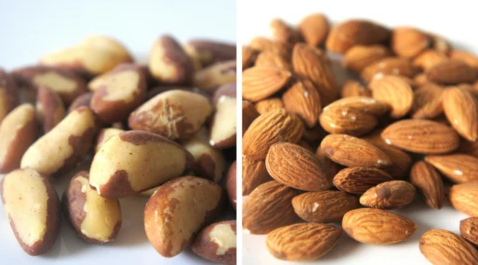
Plant-Based Oils
Specifically, extra virgin olive oil and coconut oil both have terrific brain-boosting potential. Olive oil is loaded with polyphenols, robust antioxidants shown to reverse cognitive decline caused by normal aging and disease. Coconut oil contains polyphenols and can improve the ability of neurons and brain cell membranes to conduct cellular functions. Be sure to buy high-quality oils certified organic and GMO-free. For those with smell or taste concerns who don’t like the smell or taste of coconut, look for certified organic, GMO-free labels that are also labeled double or triple filtered. Extra virgin olive oil and coconut oil should be your go-to culinary oils. Avoid seed and vegetable oils like corn and soybean which are high in pro-inflammatory polyunsaturated fats.
Wild-Caught, Oily Fish Oily fish like salmon, mackerel, sardines, and anchovies are great sources of DHA, an omega-3 oil which is instrumental in developing and protecting brain cells. Regularly consuming oily fish can potentially make dramatic improvements to memory and cognition. If mercury is a concern, these fish are low on the risk level. Be sure your fish is wild-caught and not farmed. Farmed fish has less of the beneficial nutrients and can be contaminated by bacteria and other toxins.
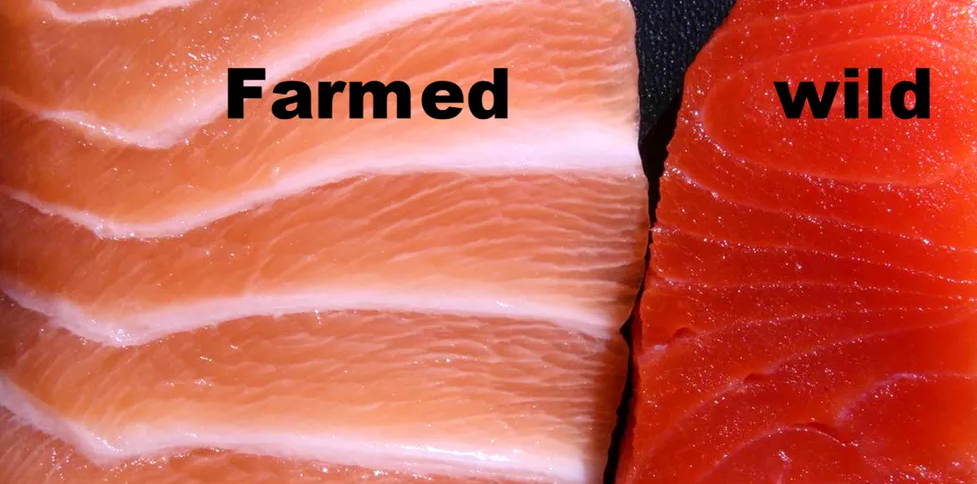
Eggs
Eggs took an undeserved beating for years but eggs are one of the healthiest foods we can eat. Eggs are rich in choline which plays a role in relaying messages between cells and is required for memory and cognition. Eggs provide cholesterol which despite its bad reputation makes up part of the membrane of brain cells and protects them from oxidative damage. Choose pastured, organic eggs. The yolks are healthier than those in battery eggs containing higher levels of Vitamins A, D, E, and K, omega-3 fats, and antioxidants.
Fermented Foods
Fermented foods are the current darling of the health and nutrition world. The fermentation process creates good bacteria known as probiotics which keep your gut healthy. And science is just beginning to understand how vitally important gut health is to overall health including brain health. Fermented foods include kimchi, kombucha tea, sauerkraut, and pickled fruits and vegetables. In order to maximize gut health, it’s also important to consume foods rich in prebiotics, a type of fiber that feeds good gut bacteria. Prebiotic-rich foods include dandelion greens, sunchokes, garlic, onions, and asparagus.

Leafy Green Vegetables
Leafy greens should make up a large portion of any diet but this is especially true for those who want a diet that supports brain health. Vegetables like dandelion greens, kale, and spinach contain nutrients like Vitamins A, C, and K, potassium, iron, and folate that our brains need for optimal function. They are also powerful anti inflammatories and contain the prebiotics our gut bacteria need to flourish.
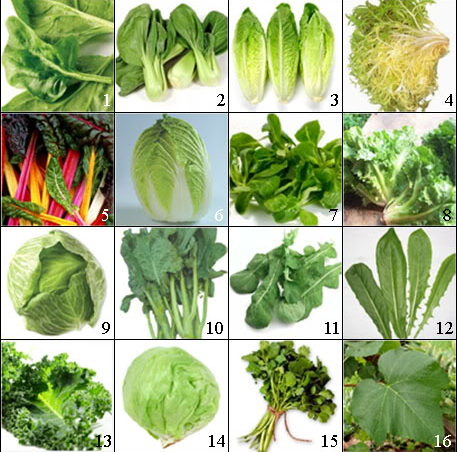
Avocado
Avocado is the do it all food. Its high levels of monounsaturated fats may reduce the risk of heart disease, reduce blood pressure, and improve insulin sensitivity. A single avocado also contains 13 grams of fiber. Avocado is another superstar in the health world at the moment. Not only does it have many health benefits but it’s very versatile too because it can be used in both sweet and savory dishes.
Cruciferous Vegetables
Cruciferous vegetables like broccoli, cauliflower, and cabbage are full of choline and B Vitamins, both important for brain development. Broccoli is an anti-inflammatory vegetable that helps your body eliminate toxins. A study has shown that women who consume the most cruciferous vegetables showed slower cognitive decline than women eating the least.
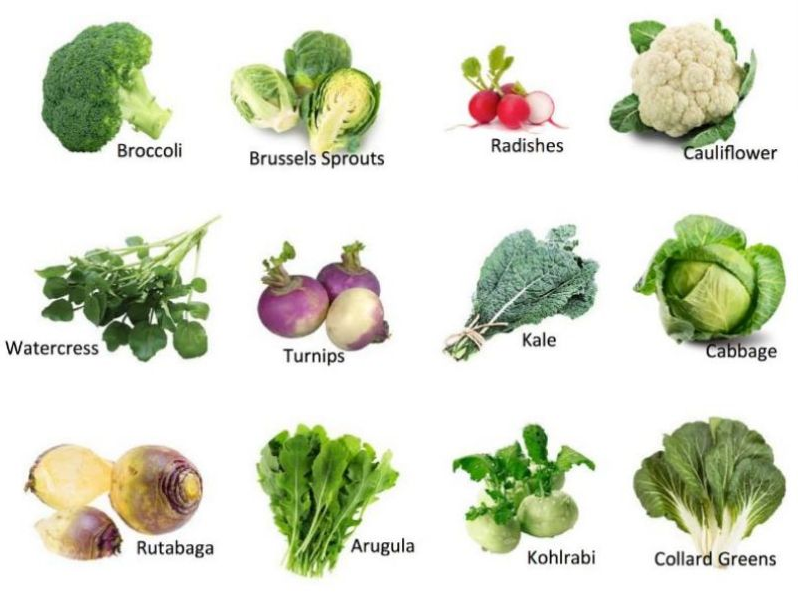
Berries
Berries are low in fructose compared to other fruits and loaded with phytochemicals linked to improvements in learning and memory. Wild blueberries, in particular, can protect against Alzheimer’s and other neurological diseases and can even reduce some of the impact of a poor diet like elevated blood pressure and inflammation.
Women consuming half a cup or more of blueberries a week for 15 weeks showed slower cognitive decline than women not consuming the berries.
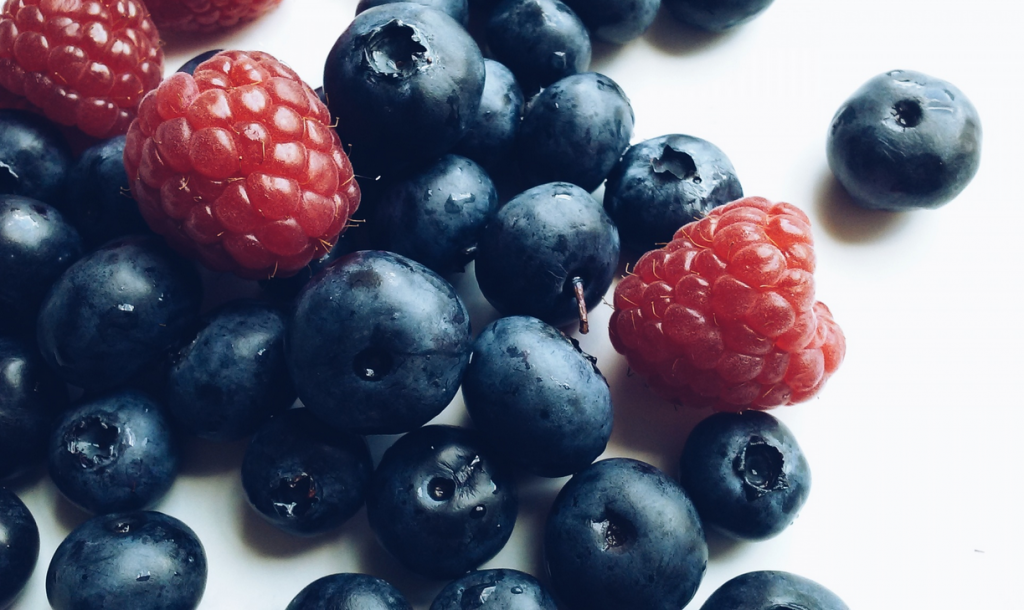
Turmeric
Turmeric, particularly when mixed with black pepper, is a potent anti-inflammatory. Curcumin is a component of turmeric responsible for its anti-inflammatory and antioxidant properties. Curcumin supports memory, calmness and helps cope with mental stress.
Coffee
Good news for those of us who start the day with coffee. Those who drink the most coffee are 91% less likely to suffer a glioma brain tumor than those who drink the least. The wonder drink may also lower the risk for Alzheimer’s and other forms of dementia as well as cognitive decline and impairment. Coffee can also increase attention and decrease depression. It’s a balance though. Consuming too much can have adverse effects.
A Glass of Wine
Particularly a single glass of red wine a day. Red wine contains catechins that have been shown to stop beta-amyloid proteins from killing brain cells. Red wine also contains resveratrol which has brain health benefits. But there is too much of a good thing when it comes to wine. Drinking in excess is toxic to the brain.
